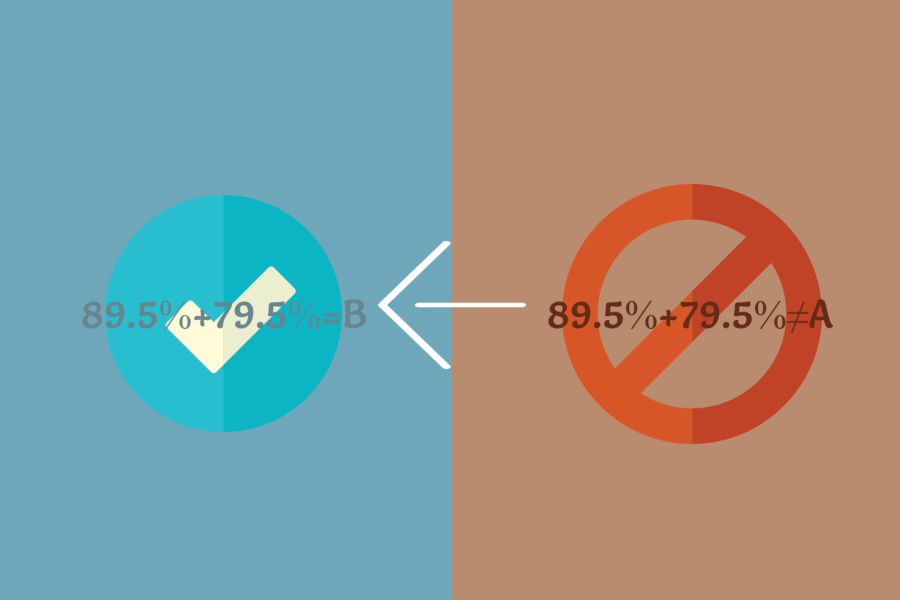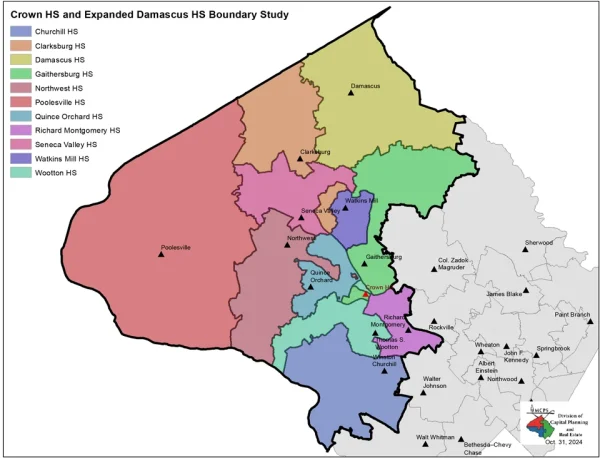Students react to new quarter assessments
Students are conflicted over whether or not new quarterly assessments have increased or decreased test related stress. Photo by Tomas Castro.
December 1, 2016
After the county’s trial run of Required Quarterly Assessments (RQAs) last quarter, Whitman students have mixed opinions regarding the test’s scheduling, implementation, and usefulness.
The county created and mandated RQAs, which are worth 10 percent of each quarter grade, for all classes with county-created curriculums. Within Whitman, certain departments such as science and world languages made the decision that classes without RQAs would still have quarter assessments. Individual teachers could also decide whether or not to give RQAs in classes where they weren’t required.
MCPS arranged a schedule for RQAs in different subject areas to be given over different time blocks so they wouldn’t coincide.
Some students say the reduced weight of cumulative assessments, and the fact that they were given over a gradual period of time, made the RQAs less stressful than semester exams.
“With the RQAs more spaced out, you have more time to study,” freshman Claude Noutak said. “It becomes just like another test.”
Others say that when teachers decided to space out the assessments, they failed to take into consideration the scheduling of tests in other classes. The system thus became counter productive, resulting in students studying for and taking a number of tests at once.
“It’s like the stress of exams, except four times over,” freshman Deanna Adams said. “I would go from the History RQA, to my Spanish test, to my math test, all in one day.”
It’s like the stress of exams, except four times over. I would go from the History RQA, to my Spanish test, to my math test, all in one day.
— freshman Deanna AdamsUnderclassmen were most affected by RQAs since the classes with RQAs are courses students frequently take earlier in their high school careers. But upperclassmen couldn’t always avoid them, and some seniors who did have them were frustrated they had to take more tests during the college application process.
“It wasn’t so bad for me because I only had one RQA, but any big test interferes with college apps,” senior Katie Farr said. “They’re a huge time suck so I don’t have as much time to work on college apps during the week.”
Many students were skeptical of how representative the RQAs were of student’s knowledge, claiming that the information they were tested on didn’t always correlate to what they were learning in class.
“They were questions out of the blue, with words we didn’t know, on stuff we didn’t really go into,” said freshman Graham Soufer, regarding his biology RQA. “We didn’t know how to answer it.”
But teachers said that student’s grades generally mirrored how they were doing in the classes, and because it was only worth 10 percent of the quarter, it minimally affected student’s grades.
Because this is the first quarter with RQAs, there is inherently a trial and error phase to the process and style of testing, science resource teacher Donald DeMember said.
“They are trying different formats to see which ones work,” he said.“As far as getting them error free, trying them out, and seeing what students understand, it’s probably going to take a couple more years to work out all those kinks.”










